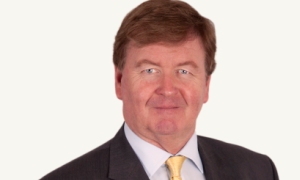Arbitration Law Over Borders Comparative Guide provides a comprehensive understanding of the current complexities of international arbitration across 16 jurisdictions....
| 11mos
| 11mos
Arbitration Law Over Borders Comparative Guide provides a comprehensive understanding of the current...





